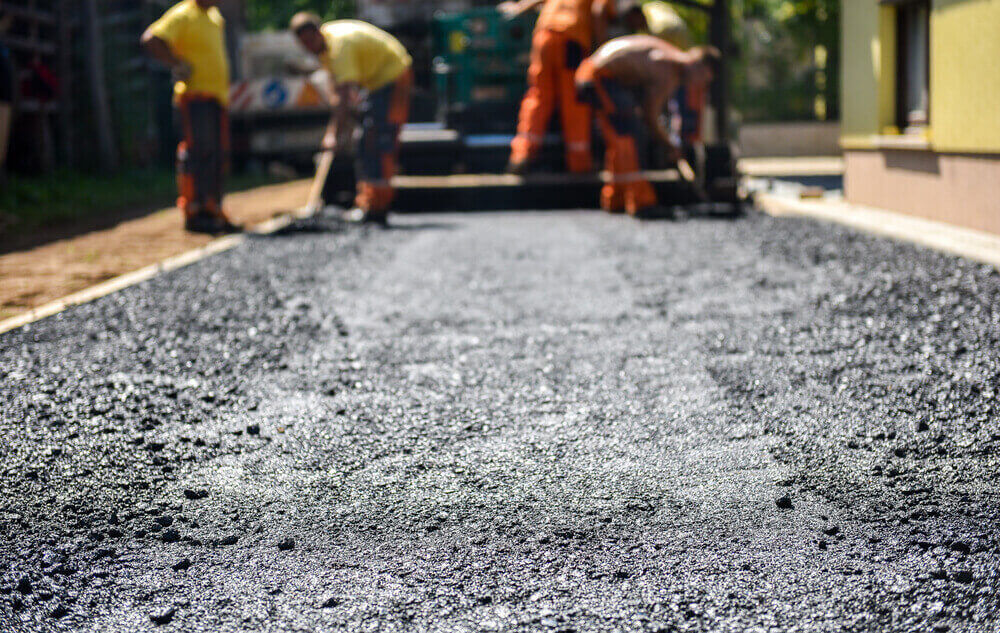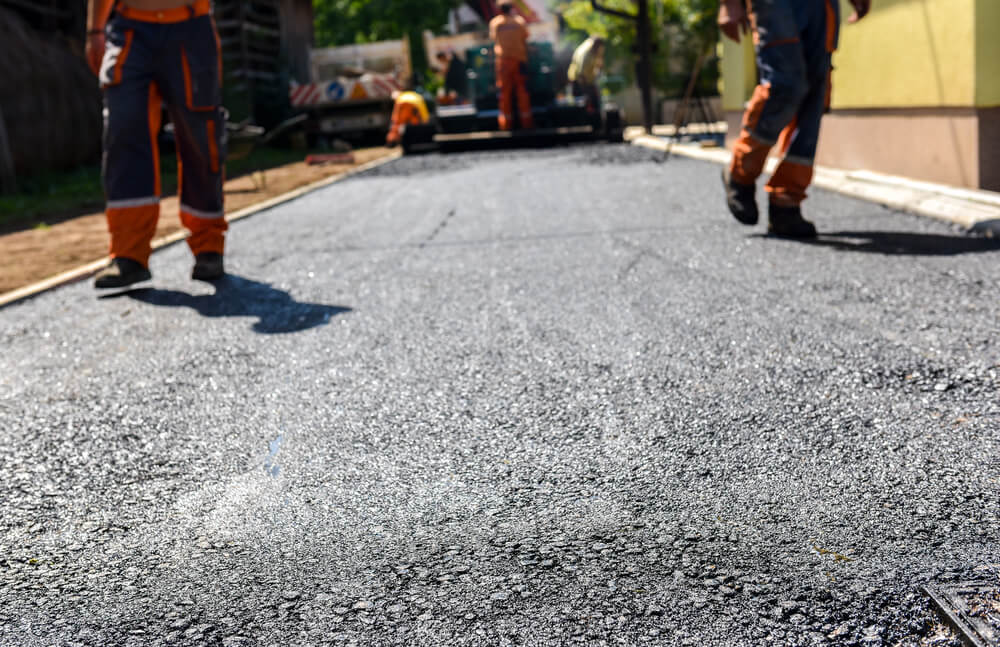If you have an asphalt driveway, you may have noticed that it is not as smooth as you would like it to be. Rough and uneven surfaces on your driveway can be both unsightly and potentially hazardous. But why does this happen? In this comprehensive guide, we will explore the causes of roughness and unevenness in asphalt driveways and discuss possible solutions. Whether you are a homeowner or a property manager, understanding the factors that contribute to these issues will help you make informed decisions and ensure the longevity and safety of your driveway.
Importance of a Smooth Asphalt Driveway
Before we delve into the reasons behind rough and uneven surfaces, let’s first understand why a smooth asphalt driveway is essential. A smooth surface offers several benefits for homeowners and drivers alike.
One of the primary advantages of a smooth asphalt driveway is improved safety. A rough and uneven surface can increase the risk of slips, trips, and falls. Additionally, it can lead to poor drainage, which can cause the asphalt to crack and chip over time. By maintaining a smooth surface, you can minimize these safety concerns and provide a secure environment for both pedestrians and vehicles.
Furthermore, a smooth asphalt driveway is easier and more comfortable to drive on. It eliminates the presence of cracks, potholes, and bumps that can potentially damage vehicles or cause discomfort to passengers. Whether you are pulling into your driveway or navigating through a parking lot, a smooth surface ensures a seamless driving experience.
Common Causes of Rough and Uneven Asphalt Surfaces
Now that we understand the importance of a smooth asphalt driveway, let’s explore the common causes of roughness and unevenness. By identifying these factors, you can take appropriate measures to address the issues and restore your driveway to its optimal condition.
Insufficient Compaction
When it comes to bumpy and uneven asphalt surfaces, one major culprit is not giving the asphalt enough love during installation. You see, compaction is like the secret sauce – it’s all about squeezing the asphalt mix to get rid of those annoying air pockets and make everything nice and smooth. But here’s the catch: if the compaction isn’t done right, you end up with a surface that’s more rollercoaster than driveway.
Now, why does this happen? Blame it on the wrong gear, wonky technique, not enough rolling action, or even using asphalt that’s too cold or not heated up properly. To dodge this headache, it’s a smart move to bring in the seasoned pros – folks who know their stuff and have the right tools to make sure that compaction is spot on during the installation process. Smooth sailing (or rather, driving) ahead!
Inadequate Thickness of Asphalt
The thickness of the asphalt layer is another critical factor that affects the smoothness of your driveway. If the asphalt layer is too thin, it may not provide sufficient coverage and support for the underlying aggregate base. This can lead to uneven surfaces and premature deterioration.
To ensure a smooth and durable asphalt driveway, it is recommended to have a minimum thickness of at least two inches. However, the specific thickness requirements may vary depending on factors such as the climate, expected traffic load, and the type of aggregate used. Consulting with a professional paving company can help you determine the appropriate thickness for your specific circumstances.
Poor Quality Aggregate Mix
The aggregate mix used in the asphalt mixture can significantly impact the smoothness of the surface. Aggregates, such as crushed stone, sand, and gravel, are essential components that provide strength and stability to the asphalt pavement. The shape, size, and quality of the aggregates play a crucial role in creating a smooth and even surface.
Using the wrong aggregate mix can result in voids or air pockets within the asphalt, leading to poor compaction and potential water infiltration. For example, aggregates with round-edged stones or particles may not bind well with the asphalt compared to sharp-pointed crushed aggregates. Additionally, using an aggregate mix with too fine or too coarse particles can also result in a slippery or uneven surface.
To ensure a smooth asphalt surface, it is vital to work with a reputable paving company that understands the appropriate aggregate mix for your specific project. They can recommend the right combination of aggregates to achieve the desired smoothness and durability.
Environmental Factors
Environmental factors can also contribute to rough and uneven asphalt surfaces over time. Exposure to extreme weather conditions, such as freezing and thawing cycles, can cause the asphalt to expand and contract, leading to cracks and unevenness. Additionally, prolonged exposure to sunlight and UV radiation can deteriorate the asphalt binder, resulting in roughness and reduced flexibility.
While environmental factors are beyond our control, there are preventive measures that can minimize their impact. Regular maintenance, such as sealcoating, crack sealing, and timely repairs, can help protect the asphalt from the damaging effects of the environment and extend its lifespan.
Enjoy a Smooth Asphalt Driveway With Richfield Blacktop

Having a smooth and even asphalt driveway not only enhances the aesthetic appeal of your property but also improves safety and functionality. By understanding the causes of roughness and unevenness, you can take proactive steps to prevent or address these issues.
Proper installation, adequate thickness, high-quality aggregate mix, regular maintenance, and preventive measures are key factors in maintaining a smooth asphalt surface. By investing in quality paving services and following recommended maintenance practices, you can enjoy a smooth and durable driveway for years to come. Contact Richfield Blacktop today for a free quote on a new asphalt driveway.





